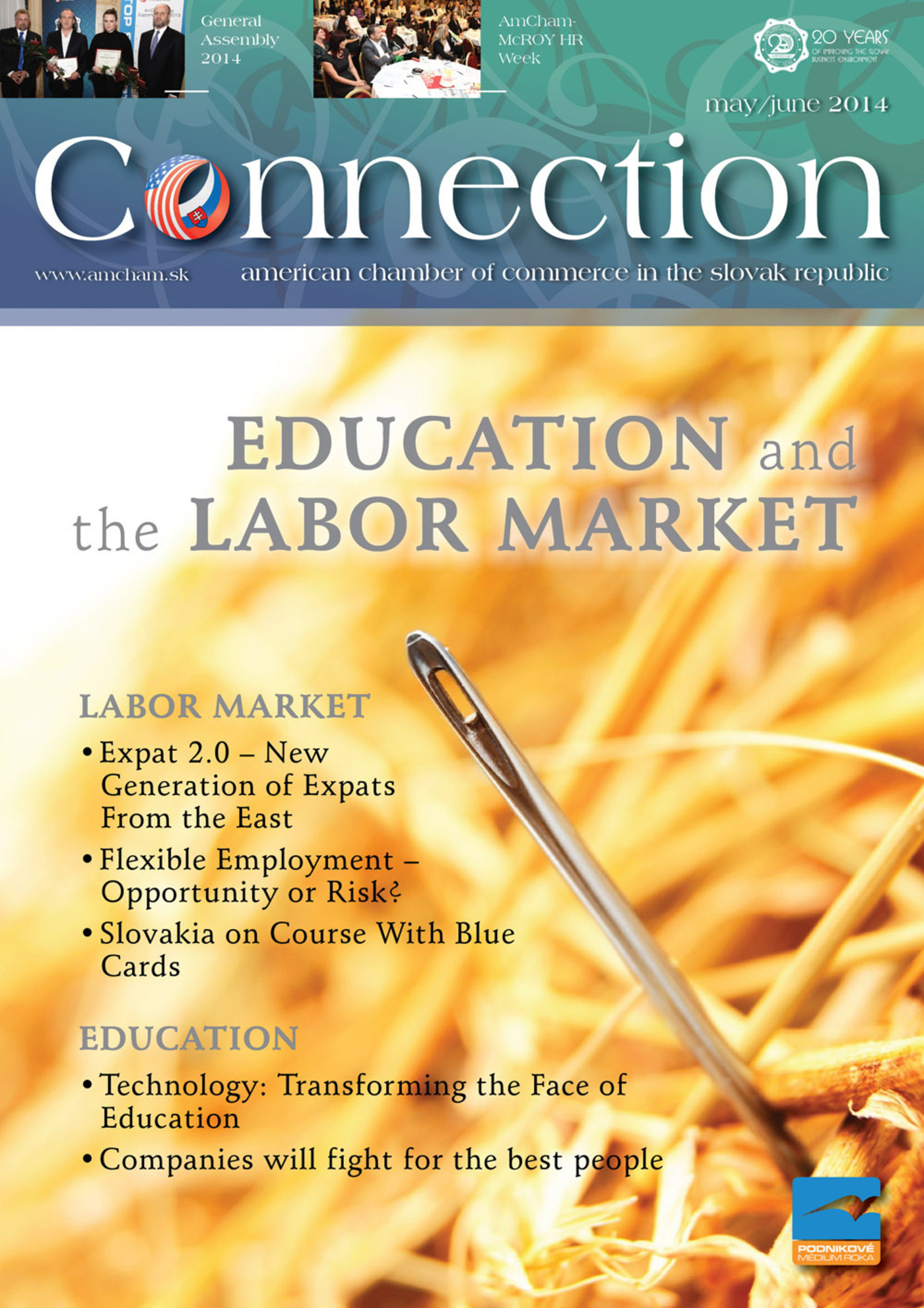After the revolution in 1989, the national committees were dissolved and public administration was divided between central and local government.
Since then, the scope of competency of local government is constantly growing and more tasks are being transferred from the state. Besides providing services to citizens, local governments have to deal with financial and asset management, which needs to be executed by highly-skilled professionals. It is therefore essential that local government teams are comprised of excellent, well-educated managers, economists, lawyers, social workers, etc. Many managers from the private sector would agree that their enthusiasm and professional experience are not enough to meet the local government challenges effectively, and their previous working experience is no substitute for a specialized education.
Depending on the needs of three target groups that were decided upon by local government, different educational approaches should be taken to improve their abilities. The three groups – graduates, experienced employees, and elected representatives (members of local parliament) – have their own specific needs for further education, which need to be considered separately.
Young people who recently graduated from universities are still “tabula rasa”, they easily absorb new information from their more experienced colleagues, and at the same time bring new approaches and methods into the “sleepy” office routine. They largely benefit from the fact that our university departments specialize in politics and public administration, which educate them in strategic planning, creation of policies, facility management, evaluation of financial conditions and benchmarking, financial analysis, audit and controlling, and methods already applied and tested abroad. Most of the students, however, lack practical experience, because they rarely participate in internships in local administration offices. In the case that internships were introduced as a compulsory part of the education system, it would create great possibilities for connecting theoretical knowledge with practical experience. Through making internship opportunities more accessible and attractive, students may gain working experience which makes them more attractive on the labor market, and local government would be able to start educating their potential future employee.
Continuous education of experienced employees is equally important due to the increasing complexity of the tasks and the transfer of new responsibilities. Within local government, the level of knowledge of the employees varies greatly, from experts with rich experience of introducing new approaches to employees who resist absorbing new competencies besides their original responsibilities, from the times of national committees. The phrase “I have been working here for 20 years and it always worked this way” cannot be accepted in a modern local government environment. On the contrary, the employees need to gain further education at universities or within professional associations to broaden their knowledge of the legislation, principles of fiscal administration and budgeting, financial and facility management.
The need to educate elected representatives often remains unnoticed, in spite of the fact that they get great responsibility without any previous experience or study concerning the functioning of local government. Unfortunately, some of the members of local parliament and mayors lack the basic knowledge necessary for making quality decisions. People who win their role via election, and lack previous experience within the environment of local government, should therefore complete relevant education before starting their work.
To conclude, I would like to mention some tips for the better adjustment of education to the needs of local government employees. The international project MAFIS (Financial management for local governments) provides inspiration for future possibilities of flexible and innovative education. Within the project, local governments and universities shared good practices and theoretical knowledge through interactive trainings, cases, workshops and conferences. It managed to open discussion on the specialized topic of financial management between representatives of local governments and universities from two different countries – the Slovak Republic and Hungary. Positive feedback from the participants is useful for similar national and international activities in the future. The project was evaluated as being very suitable for education within local government.
Establishing partnerships between universities, professional organizations and the non-profit sector proved to be an effective way of meeting the educational needs of modern local government. Such cooperation promises both to secure practical experience for fresh graduates, as well as help experienced employees and elected representatives to cope with their new complex tasks. It would also enable universities to allow for flexibility within their curriculum, depending on the current needs of local governments. In terms of inspiration for applying new methods and approaches, modern local governments may utilize new possibilities of participating in international partnerships.
Silvia Bobocká, Accountant Specialist, Centire s.r.o.



Follow us